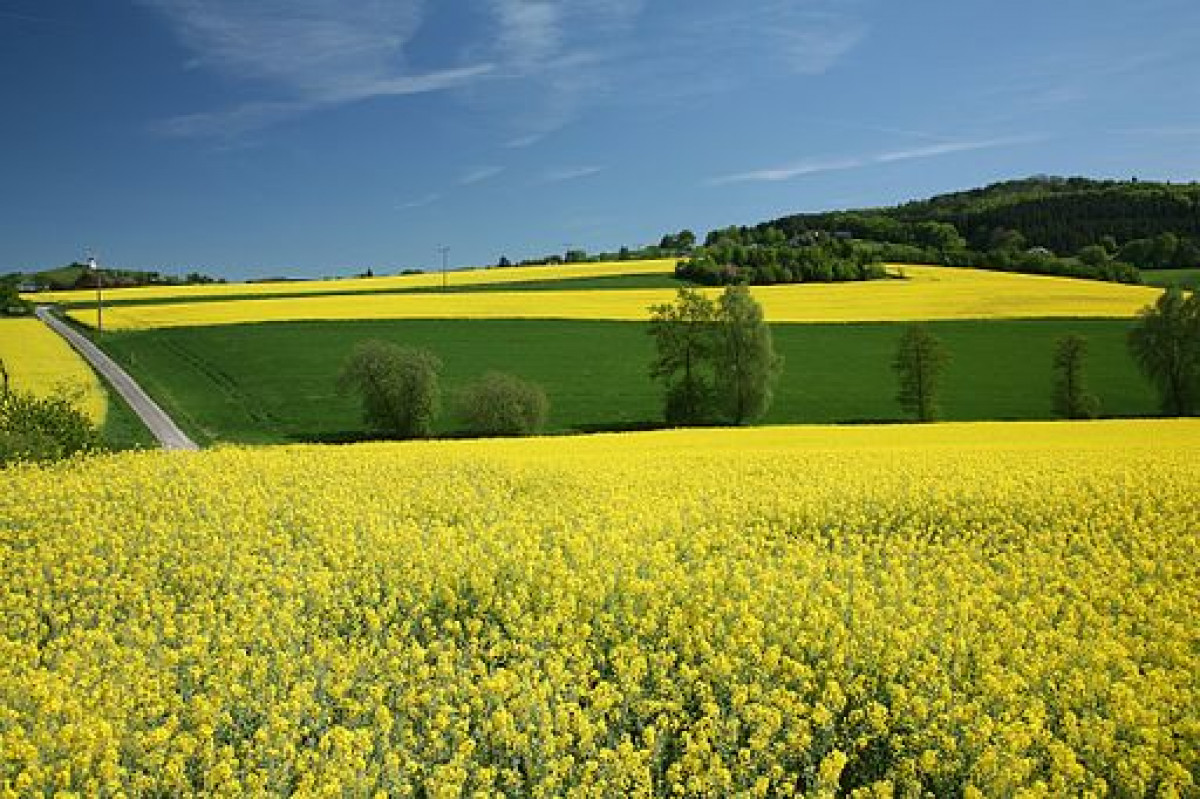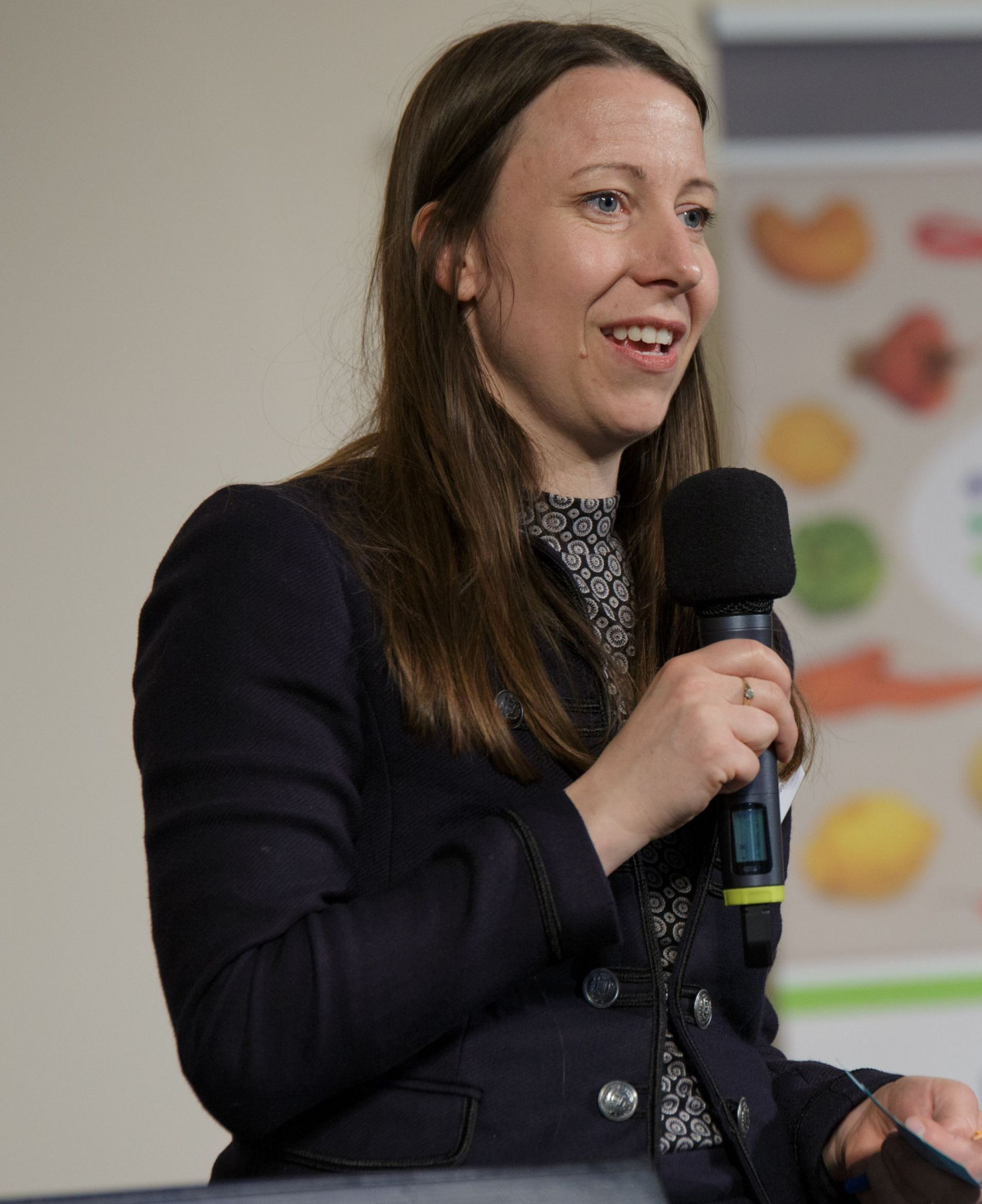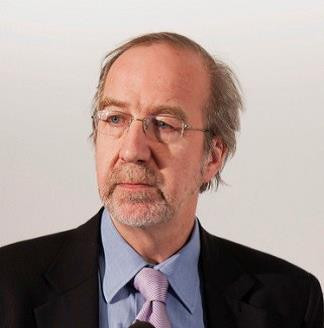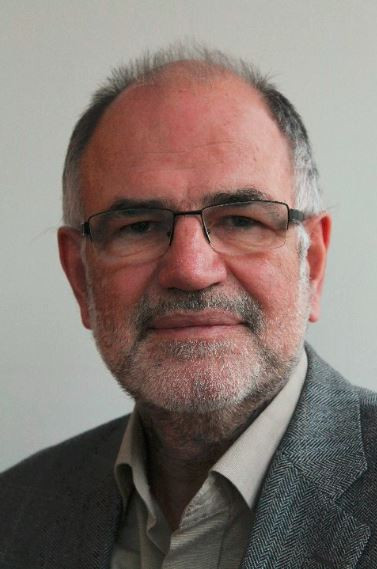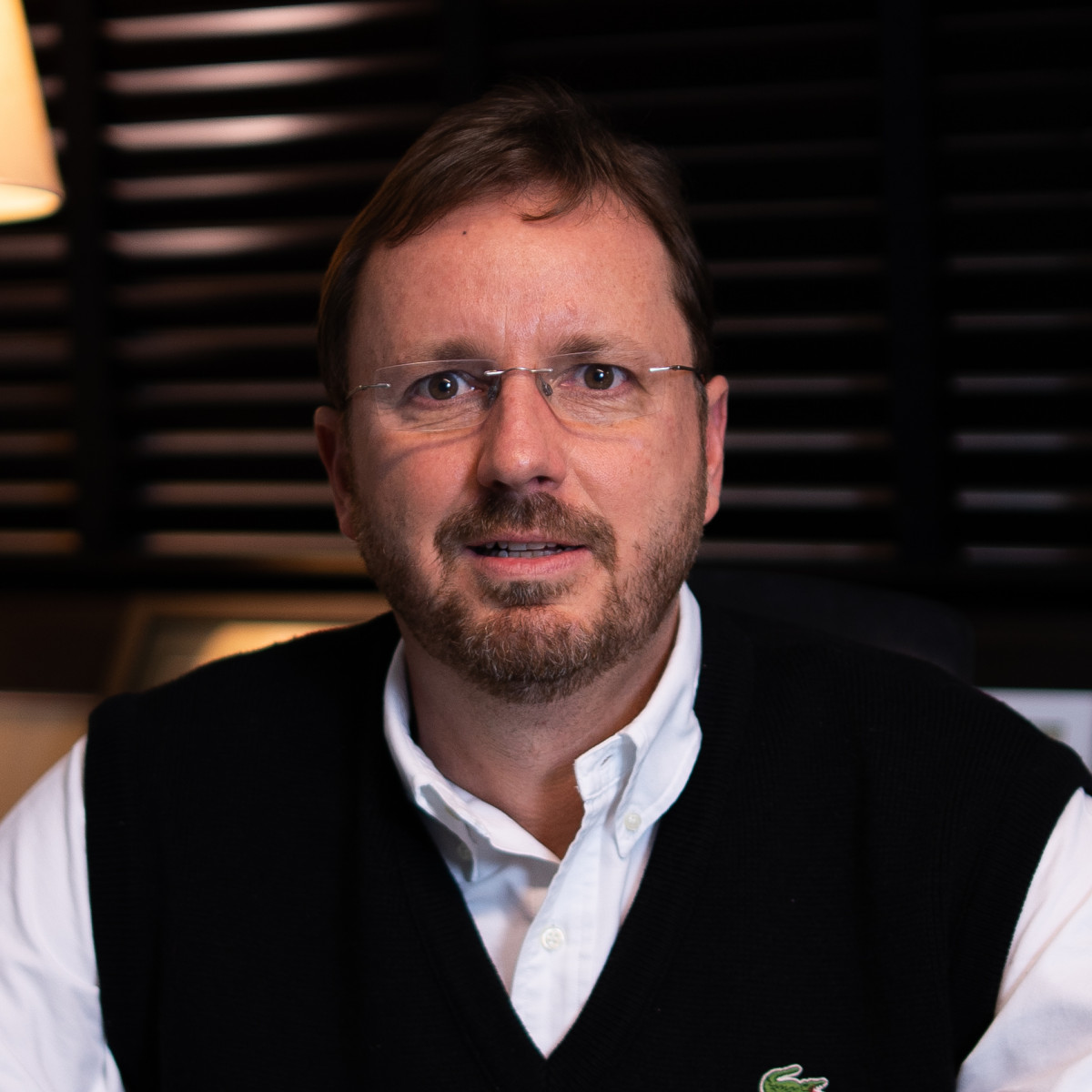Feeding 450 million in a climate friendly way – How does the EU’s attempt to make farming sustainable affect its trading partners?
Europeans will have to change what they eat and how their food is produced and processed to become the first climate neutral continent by 2050. At the heart of the climate-friendly Green Deal growth strategy, the European Commission has proposed its Farm to Fork strategy to complete the shift to a sustainable food system for its 450 million population.
The EU is the largest global food importer and exporter, but it has always been an awkward trading partner. “Fortress Europe” has long protected its agri-food markets from foreign imports, then turned into a major exporter of cheap goods itself, all while paying generous subsidies to its own farmers – who are nonetheless becoming fewer and more desperate to earn a decent living.
With the new Farm to Fork strategy, the bloc wants to exert its power over global markets to make positive changes. A whole chapter of the strategy is given over to “Promoting the global transition.” New rules for food that is placed on the EU market will apply across the board, not just to domestic producers. “The EU can play a key role in setting global standards with this strategy,” the document says.
What will the EU’s great transformation to alleviate the carbon footprint of its agricultural sector look like?
Agriculture is responsible for 10.3 percent of the EU’s greenhouse gas emissions and nearly 70 percent of that comes from the animal sector. To address this, the bloc seeks to produce more domestic and more sustainable feed additives, while reducing its dependency on feed materials from abroad, e.g. soya grown on deforested land. A first proposal by the European Commission on how to minimise the import of such products is due out this year. Pressure is being put on supply chains to curb emissions and negative impacts on biodiversity – the new obligations are currently under debate in the European Parliament.
How will all this affect the EU’s agri-food trading partners, both big and small? And what do they think about it?
Other key questions that will be looked into:
- What is the EU’s Farm to Fork strategy and how and how will it affect the EU agriculture sector and EU farmers?
- What are the likely effects of the strategy (its climate action aspects) on trade in farming products with non-EU countries?
- What is the European Commission working on in this respect?
- How realistic is the goal to set global standards with the Farm to Fork strategy?
- What are the implications of higher environmental standards for those who place goods on the EU market, i.e. importers?
- Will Europe need/implement a carbon border adjustment to avoid carbon leakage from a more climate-friendly food production? What could such an instrument look like and what do trade partners think about it?
Agenda
| 16.00 - 16.05 |
Welcome and introduction by moderator Kerstine Appunn, Clean Energy Wire |
| 16.05 - 16.20 |
Relevance of the EU’s Farm to Fork Strategy to making food and farming more sustainable by Stephanie Wunder, Ecologic Institute |
| 16.20 - 16.30 |
EU plans to put sustainable food production in trade agreements by John Clarke, European Commission |
| 16.30 - 16.40 |
European Union - global frontrunner in the shift to a sustainable food system? by Alan Matthews, Trinity College Dublin |
| 16.40 - 16.50 |
Hopes and doubts of trade partners on Europe’s move to a sustainable food system by Marcos Fava Neves, University of São Paulo, FGV Business School |
| 16.50 - 17.25 | Discussion and Q&A |
| 17.25 - 17.30 |
Conclusions and outlook |
Speakers
Stephanie Wunder works at the Ecologic Institute in Berlin as Senior Fellow and Coordinator Food Systems. She works on the science-policy interface to develop approaches that support the transformation to sustainable food systems. Her work covers a wide range of topics including healthy and sustainable diets, food waste reduction, city region food systems and sustainable land use. She is part of the EU Commissions expert group that starts its work in March 2021 that will reflect on proposals for a legislative to implement the EU Farm to Fork Strategy. Twitter @St_Wunder
John Clarke is the Director for International Relations at DG Agriculture in the European Commission. He was previously Head of the EU Delegation to the WTO and the UN in Geneva. He joined the European Commission in 1993 as a trade negotiator. From 1983 to 1993 John Clarke was an official of the Hong Kong Government, working in the team responsible for raising HK's standard of living and bringing it to developed country status by the late 1980's. Twitter @JohnAClarkeEU
Alan Matthews is Professor Emeritus of European Agricultural Policy at Trinity College Dublin, Ireland. He is a former President of the European Association of Agricultural Economists and a former member of Ireland’s Climate Change Advisory Council. He is a regular contributor to the blog capreform.eu on issues relating to the EU’s Common Agricultural Policy. Twitter @xAlan_Matthews
Marcos Fava Neves is an international expert on global food, agribusiness and bioenergy strategies and a part-time professor of planning and strategy at the School of Business (FEARP) of the University of São Paulo (USP) and FGV Business School, both in Brazil. He has created Markestrat, a think-tank doing international projects, studies and research for more than 300 agri-food business organisations.
FREQUENTLY ASKED QUESTIONS
Please click on the red "Sign up"-Button and fill in the necessary information. Remember to confirm your sign up via the automatic email you receive from us (it could land in your spam folder).
Signing up was possible until 3.30 pm.
The web-event will be on the record.
No, the event won't be recorded.
The web-event language is English.
Sound quality is greatly improved by using headsets with a microphone. It is recommended that all active participants equip themselves accordingly (smartphone headsets are sufficient).

